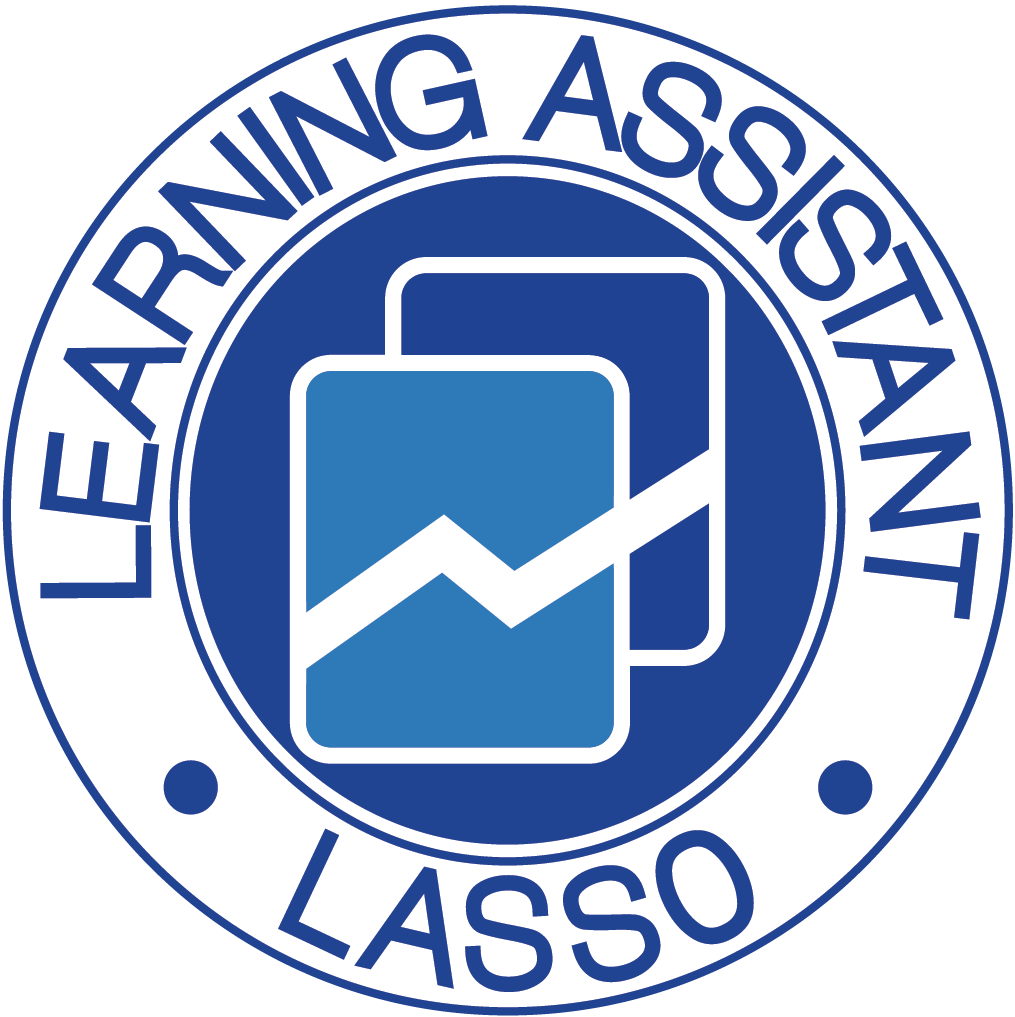Calculus Cognitive Diagnostic (CCD)
What are CCD Assessments?
It is an advanced computerized adaptive test designed to evaluate how well students have mastered calculus skills students often use in physics courses:
. With CCD, instructors can:
- Customize Assessments: Select specific skills and content areas to focus on.
- Provide Regular Feedback: Generate detailed reports that help track student progress, even on a weekly basis.
This tool empowers both instructors and students by identifying strengths and areas for improvement, ensuring a targeted and effective learning experience.
For Students:
- Start with Moderate Questions: The test begins with questions of average difficulty.
- Real-Time Adjustments: Based on your answers, the system dynamically selects and adjusts the difficulty of the next questions.
- Short and Accurate: This process ensures a tailored assessment with the minimum number of questions while accurately evaluating your skills.
For Instructors:
- Actionable Insights: After each test, detailed reports show students’ skill mastery and overall proficiency.
- Weekly Feedback: Receive updates on student performance, enabling timely adjustments to teaching strategies.
- Support Individual Needs: Use the insights to address specific challenges and improve student learning outcomes.
Detailed Reporting:
- Instructors: Access interactive reports that provide a clear overview of student proficiency and mastery of each objective.
- Students: Receive individualized feedback to track progress and focus on areas needing improvement.
How it Works?

Benefits of Using CCD Assessments
on LASSO
Customizable: Instructors can choose specific learning objectives and administer assessments multiple times during a semester.
Efficient: AI adapts to each student, saving instructors time while maintaining accuracy.
Time: This test usually takes 30 minutes.
Actionable Feedback: Students receive detailed feedback to track their progress and focus on areas requiring attention.
Continuous Monitoring: Instructors can monitor and support student growth throughout the course.
CCD covers 5 Learning Objectives
- Prerequisite skills: Content of a pre-calculus course including an understanding of linear, power, polynomial, trigonometric, exponential, and logarithmic functions.
- Limits: An understanding of limits and limiting processes. Basic limit laws, limits from both tables of data and graphs of functions.
- Derivatives: The definition and meaning of the tangent line. Determining the slope of the tangent line by calculation, from a graph or a table. Comparing instantaneous and average rates of change. How the graph of the derivative, y′, results from the graph of y. Interpretations of higher derivatives.
Applications of - Derivatives: Using the derivative to solve problems with maxima and minima. Understanding applications and units of derivatives. Understanding both the first and second derivative and their relation to each other and the original function.
- Integration: Understanding integration as accumulation, as the area between curves. Basic integration properties, symmetry, units on integrals and the Fundamental Theorem of Calculus.
Example Questions



Research
Roberge, K., Le, V., Van Dusen, B., Nissen, J. (2025). Calculus Cognitive Diagnostic: Mathematics skills tested in first semester calculus courses. Proceedings of the Physics Education Research Conference 2025. American Association of Physics Teachers.
Huang, J., Zhang, Y., Morphew, J. W., Nissen, J. M., Van Dusen, B., & Chang, H. H. (2025). Two-Phase Content-Balancing CD-CAT Online Item Calibration. Journal of Educational Measurement. DOI: 10.1111/jedm.70012
Example LASSO Report
Information coming soon …
Similar Instruments
Mechanics Cognitive Diagnostic (MCD)
Calculus Concept Assessment (CCA)
Calculus Concept Inventory (CCI)
Precalculus Concept Assessment (PCA)
More Information
Relevant papers about the cognitive diagnostic model and computerized adaptive test.
Le, V., Nissen, J. M., Tang, X., Zhang, Y., Mehrabi, A., Morphew, J. W., … & Van Dusen, B. (2025). Applying cognitive diagnostic models to mechanics concept inventories. Physical Review Physics Education Research, 21(1), 010103. (Editors’ Suggestion)
Le, V., Van Dusen, B., Nissen, J., Tang, X., Zhang, Y., Chang, H., & Morphew, J. (2024, July 10-11). Mechanics Cognitive Diagnostic: Mathematics skills tested in introductory physics courses. Paper presented at Physics Education Research Conference 2024, Boston, MA. Retrieved September 27, 2024, from https://www.compadre.org/Repository/document/ServeFile.cfm?ID=16903&DocID=5970
de la Torre, J., & Minchen, N. (2014). Cognitively diagnostic assessments and the cognitive diagnosis model framework. Psicología Educativa, 20(2), 89-97.
Morphew, J. W., Mestre, J. P., Kang, H. A., Chang, H. H., & Fabry, G. (2018). Using computer adaptive testing to assess physics proficiency and improve exam performance in an introductory physics course. Physical Review Physics Education Research, 14(2), 020110.
